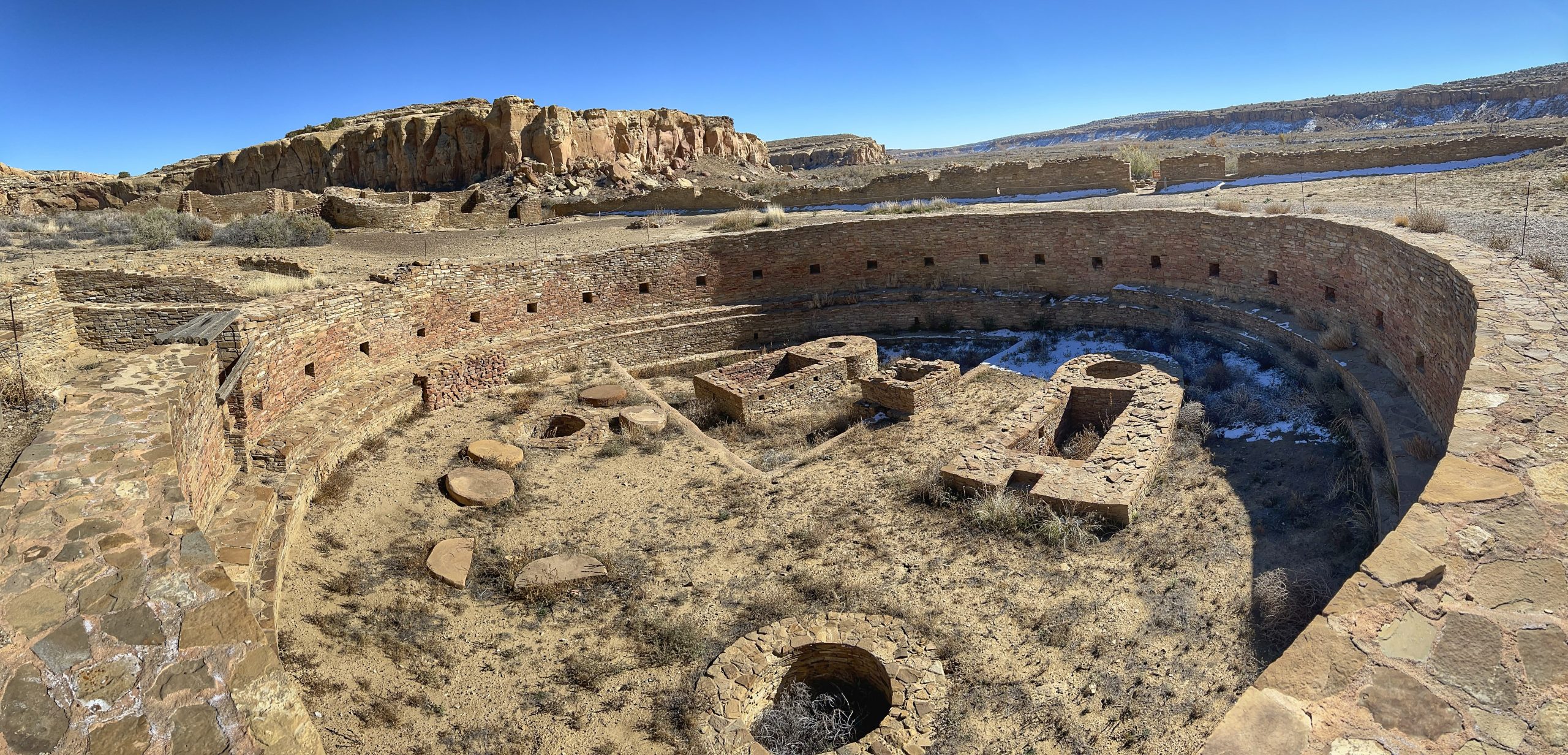As NM Congressional delegation push massive 10 mile Chaco buffer Navajo explicitly reject ANY buffer
Radical environmentalists and New Mexico’s congressional delegation (they are one and the same) have re-introduced legislation to create a 10-mile buffer around Chaco Canyon in Northwestern New Mexico. The legislation will prevent future leasing and development of oil, gas, and minerals on non-Indian federal lands. Interior Secretary Deb Haaland could also impose such a buffer on her own.
But, the reality is that the Navajo Nation JUST voted to reject any such buffer around Chaco Canyon. As reported by the Western Energy Alliance such a buffer could “cost Navajo members with allotted property rights an estimated $194 million over the next 20 years.”
In the resolution, the Standing Committee of the 25th Navajo Nation Council states, “If the buffer zone is adopted, the Navajo allottees who rely on the income realized from oil and natural gas royalties will be pushed into greater poverty.” The Council notes the “detrimental impact to Navajo Nation allottees by preventing the development of new oil and gas resources on allotments as a result of the allotments being landlocked,” exposing the fallacy from DOI that the withdrawal will not impact Navajo lands.

